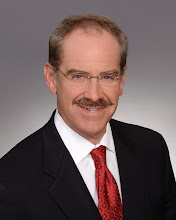One way that chat GPTs are being used in medicine is by providing automated responses to patient inquiries. For example, a patient may ask a chat GPT about a particular symptom or treatment option, and the chat GPT can provide a response based on its knowledge of medical information. This can be especially useful for patients who may not have access to a healthcare provider or who may have questions outside of normal business hours.
Another use of chat GPTs in medicine is in providing information and support to healthcare providers. For example, a chat GPT could be used to provide physicians with information about a patient's medical history or to suggest treatment options based on the patient's symptoms. This could help to reduce the time that physicians spend on administrative tasks and allow them to focus on providing care to their patients.
There are several potential benefits to using chat GPTs in the medical field. For one, they can provide quick and accurate responses to patient inquiries, which can help to improve patient satisfaction and trust in the healthcare system.
Additionally, chat GPTs can be used to support healthcare providers by providing them with timely and relevant information, which can help to improve the quality of care that they are able to provide.
However, there are also limitations to using chat GPTs in medicine. One potential limitation is that the accuracy of the responses provided by the chat GPT may depend on the quality of the data it has been trained on. If the data used to train the chat GPT is incomplete or outdated, the responses it provides may not be accurate or relevant. Additionally, chat GPTs are not able to provide personalized care or make clinical decisions, so they should not be used as a replacement for human healthcare providers.In conclusion, chat GPTs have the potential to be a useful tool in the medical field, but they should be used with caution. They can provide quick and accurate responses to patient inquiries and support healthcare providers by providing them with relevant information. However, they are not able to provide personalized care or make clinical decisions, and the accuracy of their responses may depend on the quality of the data they have been trained on.
Don Lyons, FACHE
www.interoperant.com
